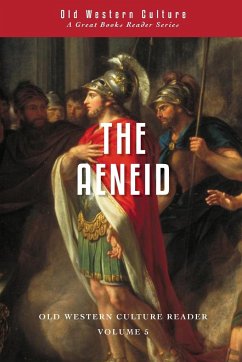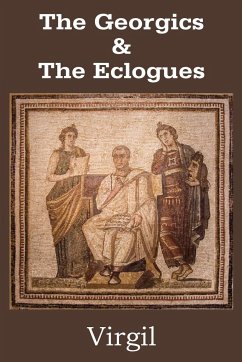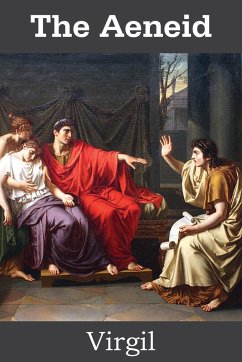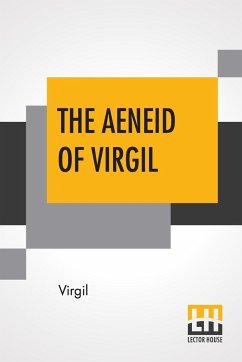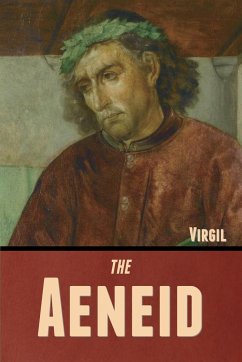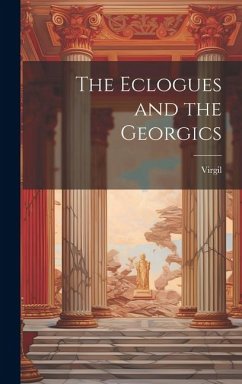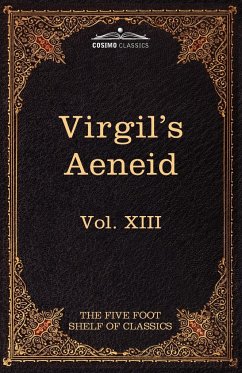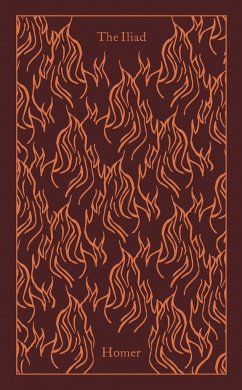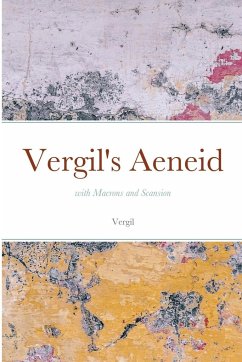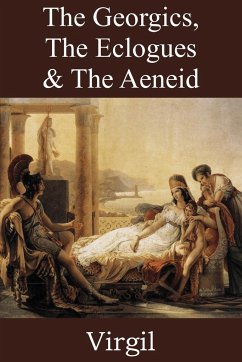
The Georgics, The Eclogues & The Aeneid
Versandkostenfrei!
Versandfertig in 1-2 Wochen
22,99 €
inkl. MwSt.

PAYBACK Punkte
11 °P sammeln!
The Eclogues, also called the Bucolics, is the first of the three major works of the Latin poet Virgil, containing ten pieces, each called not an idyll, populated by and large with herdsmen imagined conversing and performing amoebaean singing in largely rural settings, whether suffering or embracing revolutionary change or happy or unhappy love. The Georgics is the second major work by the Latin poet Virgil, with the subject of agriculture; but far from being an example of peaceful rural poetry, it is a work characterized by tensions in both theme and purpose. The Aeneid is an epic poem writte...
The Eclogues, also called the Bucolics, is the first of the three major works of the Latin poet Virgil, containing ten pieces, each called not an idyll, populated by and large with herdsmen imagined conversing and performing amoebaean singing in largely rural settings, whether suffering or embracing revolutionary change or happy or unhappy love. The Georgics is the second major work by the Latin poet Virgil, with the subject of agriculture; but far from being an example of peaceful rural poetry, it is a work characterized by tensions in both theme and purpose. The Aeneid is an epic poem written between 29 and 19 BC. It tells story of Aeneas, a Trojan who traveled to Italy and became the ancestor of the Romans. The first six of the poem's twelve books tell the story of Aeneas' wanderings from Troy to Italy, and the poem's second half tells of the Trojans' ultimately victorious war upon the Latins, under whose name Aeneas and his Trojan followers are destined to be subsumed. Publius Vergilius Maro, Virgil, was an ancient Roman poet of the Augustan period. He is known for three major works of Latin literature, the Eclogues, the Georgics, and the Aeneid.





